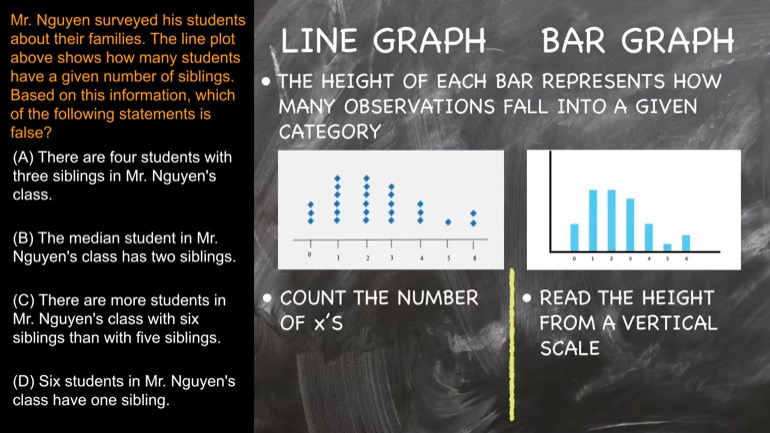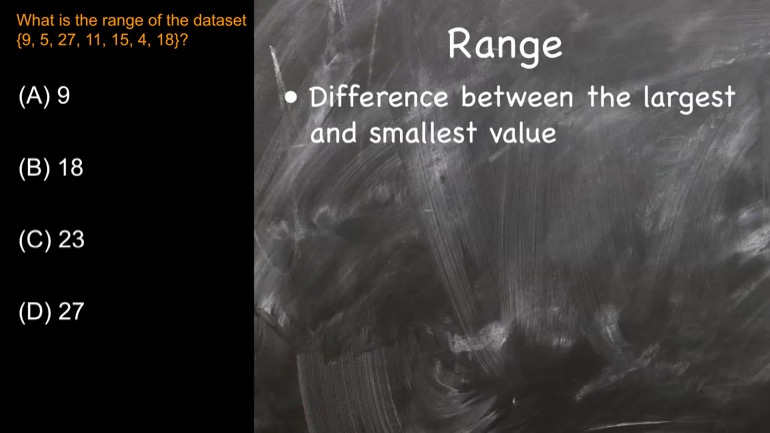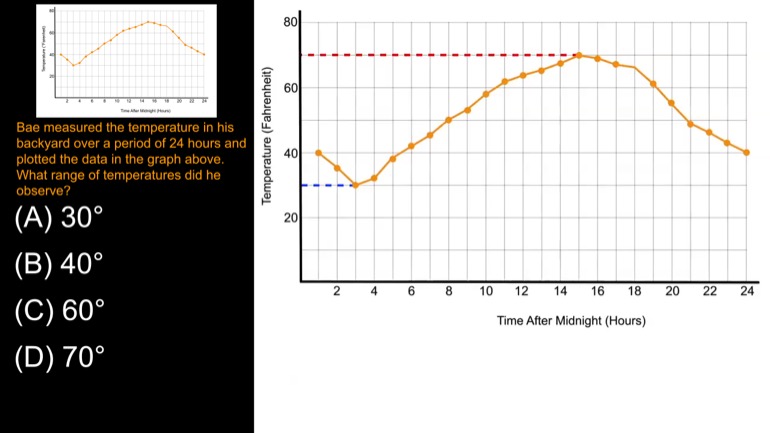ShmoopTube
Where Monty Python meets your 10th grade teacher.
Search Thousands of Shmoop Videos
Main Idea and Supporting Details Videos 20 videos
Dogs have the ability to "read" human emotions. For example, dogs have been shown to discriminate between humans who approach in a friendly manner...
Jefferson Davis was an unusual man. During a long and frequently tragic life, his favorite job, according to his wife Varina, was serving as a U.S....
Stephen Mitchell suffered from allergies. A thirty-five-year-old professor at Syracuse University, he found sanctuary in the temperature-controlled...
TSI Reading: Choosing the Best "Ten-Dollar Word 56 Views
Share It!
Description:
Robert Fludd was a respected English physician of the 1600s who worked for King James I of England. He wrote widely on topics that ranged from magic to religion and explained his own conceptualized ideas of how God interacted with humans and nature. He created several encyclopedias to house his information. In addition to abstract concepts, he also proudly displayed his grasp of practical knowledge, such as mechanics, architecture, and military maneuvers. His most famous work, published in five volumes, discusses how human life on earth coexists with God's domain in the universe.
According the details in the passage, Robert Fludd's writing could be best described as
(A)inappropriate
(B)focused
(C)long-winded
(D)abundant
Transcript
- 00:02
Okay see reading shmoop er's let's Just get to it
- 00:05
That's number four five there's the answer What they're asking
- 00:07
you for the answer according to the details in the
- 00:10
passage robert floods writing could be best described as what
- 00:17
Okay let's go Read the paragraph Robert flubs a respected
Full Transcript
- 00:20
english physician Signatures of work King james first of england
- 00:23
He wrote widely on topics and range from magic to
- 00:25
religion He created several encyclopedia Is that houses information In
- 00:28
addition of threat concepts mills favors work published in five
- 00:31
volumes Discuss how human life on earth coexists with god's
- 00:34
domain in the universe Okay well let's think about it
- 00:36
How's The best described as it you know appropriate Well
- 00:39
no it's Not inappropriate writing talk battles trying to figure
- 00:42
out the universe Come on give me a break Is
- 00:43
it focused No Long winded We'll probably okay Let's Think
- 00:47
here According to the passage flood had irons in several
- 00:51
different intellectual fires besides his religious reflection while the physician
- 00:55
showed prowess and mechanics architecture and military ninja maneuvers among
- 01:00
other subjects for a man of his many interests Well
- 01:02
it's fair to say that his writing topics were plentiful
- 01:05
or abundant So okay it's d yeah he really could
- 01:09
sling the pros Okay And the loser bowl Yeah It's
- 01:11
clear from the tax That flood wrote about tons That
- 01:14
is an abundance of different topics but none of them
- 01:16
Seem particularly inappropriate it's also not clear is writing was
- 01:19
focused and in fact it seems though he bounced around
- 01:22
ideas Maybe he had a d D yeah probably it's
- 01:24
my bed Finally just because he covered many subjects doesn't
- 01:27
mean he was long winded For all we knew flood
- 01:29
could have leaned heavily on the you know haiku Okay 00:01:32.076 --> [endTime] that's it it's the were abundantly done
Related Videos
Dogs have the ability to "read" human emotions. For example, dogs have been shown to discriminate between humans who approach in a friendly manner...
Samuel Hahnemann, a German physician and the founder of homeopathy, began as a village doctor and quickly became dissatisfied with how medicine was...
Jefferson Davis was an unusual man. During a long and frequently tragic life, his favorite job, according to his wife Varina, was serving as a U.S....
Stephen Mitchell suffered from allergies. A thirty-five-year-old professor at Syracuse University, he found sanctuary in the temperature-controlled...
The Landsat Program provides the longest continuous space-based record of Earth's land in existence. Since 1972, Landsat satellites have collected...



















